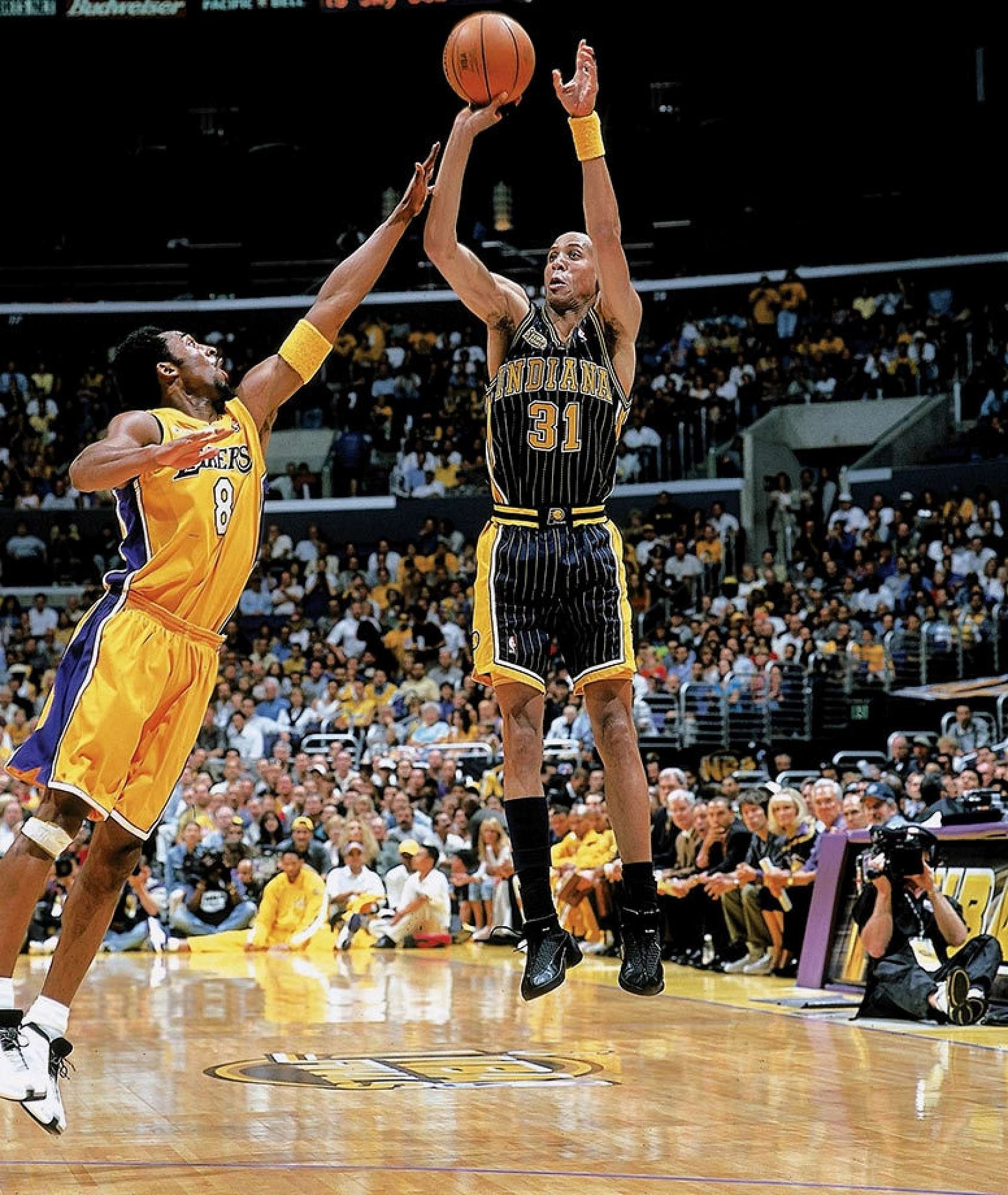iggymcfrack wrote:Owly wrote:iggymcfrack wrote:
Does it really matter that it's only for the last 50 years when we're talking about someone being #3 by the very best box score metric and we're voting for.... #33?
No, he's definitely not. I don't even have to look it up. Only LeBron and MJ are ahead of Stockton in VORP. Kareem and maybe Wilt are the only players that likely to surpass Stockton if we had all the modern data for the early years of the league.
So ...
1) Yes it does matter. The principle what you say and what you mean matching (as far as reasonably possible) matters. Does it undermine how convincing a case it is for Stockton, no, but then nor was it meant to. It's just fairer to say of those who aren't in the field that they aren't in the field. The phrase "all time", even granting the context of the thread is major league era (North American, male basketball) so it is in a sense not ever literally true, has the potential to mislead for instance in the case of ....
2) I think you've failed to comprehend. Go back and read the post. In significant part, it regards Kareem's incomplete data and how he has likely very high value years that would, given fuller data very, very likely push his VORP total past Stockton's. Your response is essentially "Kareem isn't ahead of him in VORP". And yes, insofar as VORP is only available from '74, Stockton is technically ahead of Jabbar, but as both you and I point out, if we're actually doing this "all time" (the implied context) Kareem is very probably ahead of him. I don't really understand how probability could come into it if it were regarding the known data ... it's known.
I thought you meant he was probably ahead of him anyway even missing 4 seasons and you hadn’t checked it.
Okay so ... look at the context ...
[talk about the years that are missing]
" So if those years are at or near 10 VORP (he peaks at 9 but doesn't get to the 3300 minute plus range whilst getting PER above 29 never mind getting near those WS/48 peaks)... well, if he only got 20 rather than 30 VORP it doesn't take much from his rookie year to surpass Stockton" ...
I guess you're explaining yourself, I just don't understand how reading the above led you to that conclusion.
iggymcfrack wrote:Anyway, I already said that if we had more data, Kareem would definitely be ahead of Stockton.
You've said that now, yes. I've also acknowledged your saying it.
"but as both you and I point out, if we're actually doing this "all time" (the implied context) Kareem is very probably ahead of him"
iggymcfrack wrote:He averaged 5.3 VORP per season and he only needed 20.9 to get there, so even just at average career rates, he’d have 0.3 more VORP than Stockton. 3 of those 4 years are his absolute statistical peak and he played huge minutes in all 4 so he’d probably be closer to something like 9.0 VORP per year.
This appears to be the essence of part of my post marginally reformed and repeated back ...
iggymcfrack wrote:Anyway, I assume almost everyone here knows BPM and VORP only go back to ‘74. I mean blocks and steals only go back to ‘74 too.
So on the latter, yes, this is the case. And you know what other Reference composites do ... spit out an estimate anyway with incomplete data. And as you will see, BPM does that for a time too. Do I expect
everyone (I will say everyone rather than your phrase "almost everyone", I'm not scoring points on this, I say everyone because that's the audience) browsing to know otoh the intricacies of BPM, that it starts with those stats and not estimates (earlier) or not when turnovers are tracked (later; they are absent but estimated initially)? No. Do I expect them to know it's done slightly differently from '85 on, from when it's done game-by-game. No I don't. Indeed I might forget whether it started at turnovers or rebound split, steals and blocks.
iggymcfrack wrote:Do you expect me to qualify that steals have only been recorded since ‘74 every time I mention Stockton’s the all-time steals leader?
No because it would be odd to assume people would just estimate a single official compiling stat and plug it into an all time list. In that context "all time leader" implicitly starts with when the specific thing measured starts. But per the above, it absolutely isn't odd for an input into box-composites to be estimated or worked around and indeed BPM does it (with turnovers) and the measure to starts at the start of the thing notionally measured (basketball goodness/productivity) which starts at or around the start of major league basketball.
That "26 year RAPM" ... that's about all the time RAPM could be calculated for. But you wouldn't call it "all time" RAPM. Because it misses a large chunk of basketball history. But
in a sense that would be more reasonable since there is a clear start to the play-by-play era in a way there isn't for box composites.
So going back to my original comment
'I would say "in the VORP era" or "since 73-74" ...'
I'd stand by that. Or just not "all time". It's a preference but I think it's more honest, clearer and therefore leads to a tighter case for Stockton.


:format(jpeg)/cdn.vox-cdn.com/uploads/chorus_image/image/47148804/GettyImages-495445181.0.jpg)

:format(jpeg)/cdn.vox-cdn.com/uploads/chorus_image/image/45705238/1500516.0.jpg)















